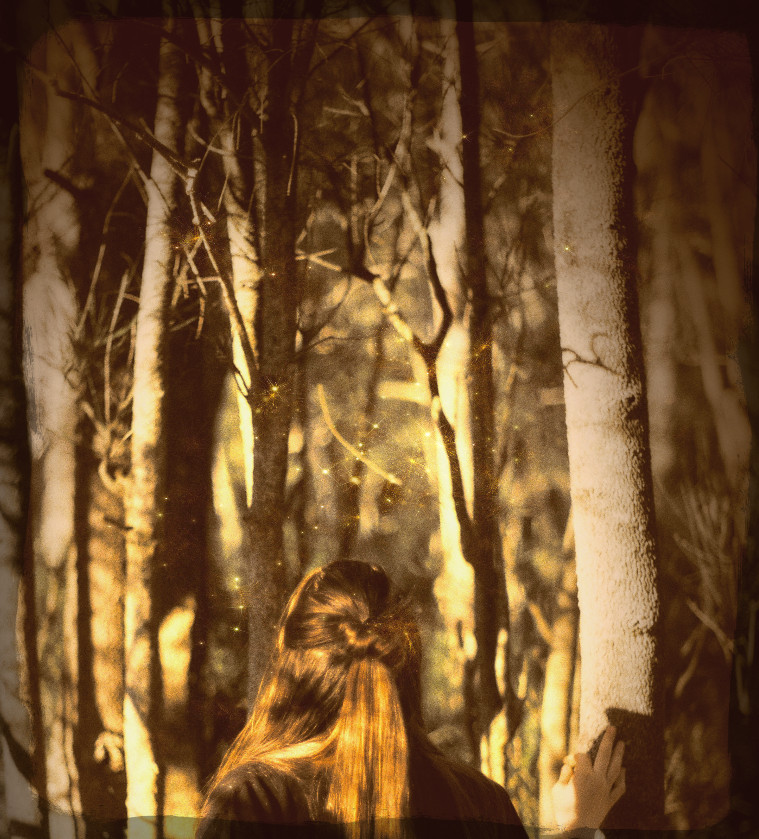
This is a tale told in twigs dropped by crows along a wildwood path . . .

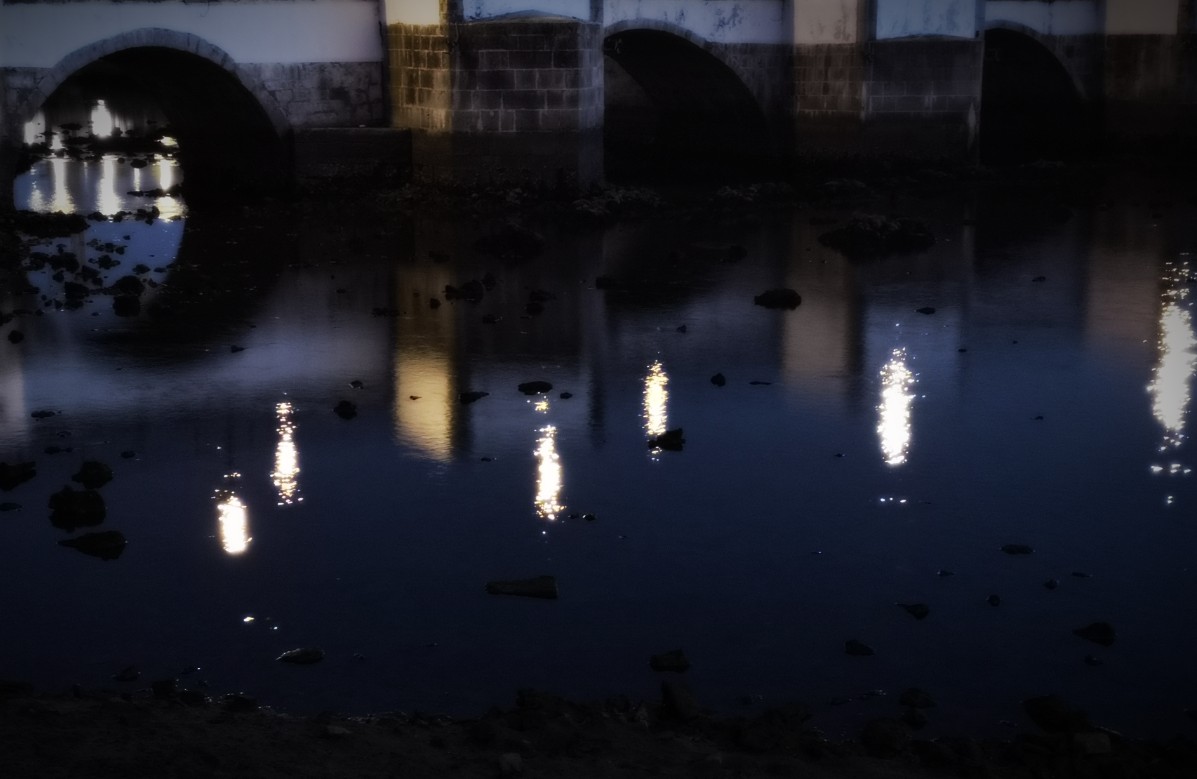
This is a tale told in fallen almond blossom on a salt-and-sweet river . . . Continue reading
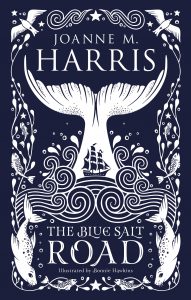 The Blue Salt Road
The Blue Salt Road
written by Joanne M. Harris
cover by Sue Gent
illustrations by Bonnie Helen Hawkins
published by Gollancz November 15th 2018
215 pages in hardback with both full page and inset illustrations
crammed with beauty, violence and revolt
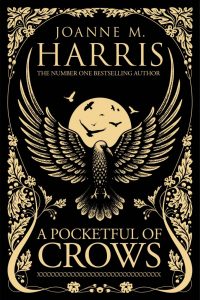
A Pocketful of Crows written by Joanne M. Harris
Cover by Sue Gent
Illustrations by Bonnie Helen Hawkins
Published by Gollancz in October 2017
233 pages in hardback
a fierce story of love, death and natural magic
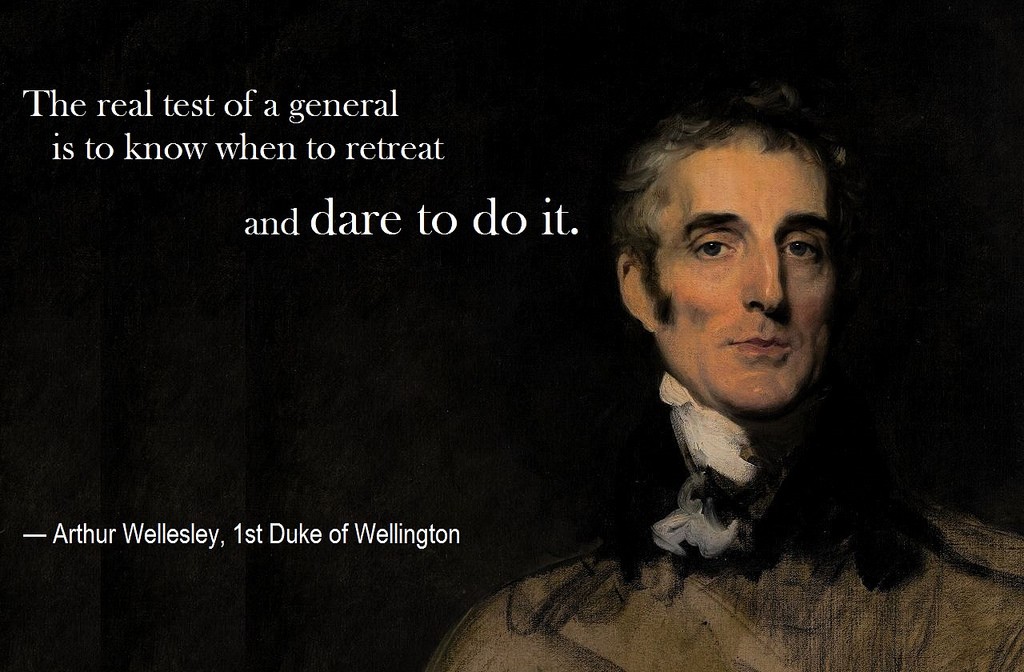 There’s a great deal of cruelty in the news right now. It’s one of the reasons behind my Lenten retreat from social media. Still I can’t escape it altogether. A dear friend has been deeply affected by a child murder close to where she lives. Reality insists on being seen – so why on earth do I chose to write fantasy, to make impossible things up? Continue reading
There’s a great deal of cruelty in the news right now. It’s one of the reasons behind my Lenten retreat from social media. Still I can’t escape it altogether. A dear friend has been deeply affected by a child murder close to where she lives. Reality insists on being seen – so why on earth do I chose to write fantasy, to make impossible things up? Continue reading
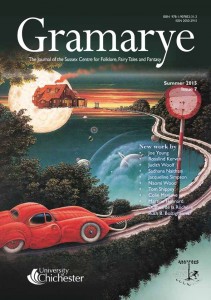 On Tuesday 16th June, I had the pleasure of attending a talk organised by the Sussex Centre for Folklore, Fairy Tales and Fantasy as part of the 2015 Festival of Chichester.
On Tuesday 16th June, I had the pleasure of attending a talk organised by the Sussex Centre for Folklore, Fairy Tales and Fantasy as part of the 2015 Festival of Chichester.
It was given by their visiting professor of folklore, Jacqueline Simpson. If you have had anything to do with British folklore, or indeed the folklore of Terry Pratchett’s Discworld, you probably know her name…
On the weekend of 14th -16th September I went to the CWIG conference at Reading. One of the many good ideas I took home was the concept of the collaborative blog. (I am indebted to Susan Price and The History Girls for this.)
What are the advantages of shared bloggery?
What might it involve?
Ideally we would want 28 contributors to do one post a month ( as do the History Girls) – the extra days could be covered by guest posts. We could start with one post a week and review in the New Year – or we could trial one-a-day on a rolling basis and see how that turns out.
Who takes charge / takes the flak?
I am offering myself as curator in the first instance. I read and research voraciously about the sea and I am willing to edit and post on a simple site.
MANIFESTO
Like Terry Pratchett, I was blown away on first reading Tolkien:
It’s got maps! And names!*
I am still in love with his entire lexicon and mythology of Middle Earth, and one of my favourite features was the names he gave places. Now it helps if you are an expert in Anglo-Saxon and all-round-brilliant, but still I aspire to have towns, harbours, moors and rivers that convince. The place is a central character for me.
As most of my readers will know, I was born and brought up in the West Riding of Yorkshire. Norse words are part of my cultural DNA. Give me tofts and thorpes , skels and scars, and I’m a happy woman. I suppose I could set all my work in the Danelaw – but I might like to branch out.
Now since I write stories with more than a touch of fantasy, I could just make it up. But that seems like selling the reader short. I have to confess a more-than-reasonable dislike for place names made up out of real words with different meanings ‘because they sound good’. Call me a nerd, but I like a bit of toponymic integrity. If it’s set in the Fenland, I want names like Penny Soakey, Toseland St. Agnes and Green Knowe (thank you, L. M. Boston).
One approach I use is to blend existing names: I took Sel (seal) from Selsey and –chester (southern variant for ‘Roman settlement’) from Chichester to create Selchester, my City-on-the-Sea. I still like to be careful about origins (no Pictish elements with those from the Jutes for example – like mixing Aberdeen with Canterbury) but it works.
Another way is to recycle the names of abandoned or lost settlements – those places deserted after the Black Death, or victim to coastal erosion. There are a great deal of powerful story backgrounds here too.
You can also look up old maps and use the alternative spellings or earlier forms of places. The Domesday Book is brilliant for that, and zoomable old OS cartography is a wonderful time sink, I have to admit. There are cracking books too: Caroline Taggart’s The Book of English Place Names and the splendidly browseable McKie’s Gazetteer ( which gives any number of odd stories).
And if nothing else, all this research will give you a smile when you come across delights such as Wetwang, Triangle, Great Fryup Dale, Booze (with no pub) and Blubberhouses Moor (all in Yorkshire).
* this may be apocryphal – but it’s too good not to use.
This post owes its parentage to Vanessa Harbour on ‘The importance of reading as a writer’ and Maureen Lynas’s writing about an approach to structure. I thank them both for getting me thinking about what I read and how it affects my writing.
One notable feature of the MA at West Dean was the challenge of reading in new genres. Without that I would never have discovered the emotional intensity of ‘A Quiet Belief in Angels’ by R. J. Ellory or to be honest ,the complex and satisfying structures used by Agatha Christie & Ngaio Marsh. I didn’t ‘do’ crime fiction before. It’s taught me to be an even wider ranging reader.
Now I enjoy being sent books by Vivienne Da Costa for Serendipity Reviews. There are joys like the sheer delight of seeing a much-liked author Chris Priestley come into his own – really using his deep knowledge to create ‘Mister Creecher’. Or the pleasure of reviewing a colleague’s debut novel like ‘Slated’ by Teri Terry.
I am sent different age-ranges and genres – this helps me to see what I admire, and also what I don’t want to write.
Greg Mosse insists students understand that it’s not what we like in a Reading-Group-glass-of-wine-and-nibbles way that matters, but what works. To my family’s annoyance during the MA year I couldn’t watch anything without taking it apart to see the gears and cogs. I keep quiet now – but I’m still anatomising in my head.
And yet…
It’s not just that, however useful. It’s about inspiration. The things that make me want to write.
This will sound cringeworthy but it is true: I want to pay it forward.
I want to take readers to new worlds.
I loved Narnia and Earthsea and Pern and Middle Earth ( yes I know -it’s our world millenia ago). How wonderful to transport other people somewhere special.
I want to speak with my own voice.
I can hear writers like David Almond and Robert Westall, and Leon Garfield and Joan Aiken. They taught me I can be myself, Northern vowels and all. That you can use language to give flavour and identity. I want to share that.
I want to revel in reworked tradition.
I think of Alan Garner, George Mackay Brown Lloyd Alexander, Susan Cooper and nowadays Katherine Langrish, Jackie Morris and Pat Walsh. They develop shared folklore, myth and legend and keep it alive. It’s too good not to pass on.
I want to express my delight in transformation.
Books move me far more than cinema or TV, they always have done. I can never forget the change in Mary Lennox in ‘The Secret Garden’, or Eustace Clarence Scrubb in ‘The Voyage of the Dawn Treader’. And I’m still a soppy date about Scrooge & Silas Marner. Who wouldn’t want to show what people can become?
So, in short, I think you have to read and read and read to be even a halfway decent writer. Or at least I do.
How about you?
I am indebted to the BBC news for this treasure – the wonderful Graham Eccles who collects and delivers post around Bude by penny-farthing bicycle ( video link here). Who could not admire his initiative? We all like active heroes and the rise in the price of stamps won’t harm his enterprise. But there’s more than just this.
Certainly there is the sheer visual charm – which cannot but delight tourists and locals alike – but he is carrying on the fine British tradition of eccentricity. He is also providing a service by putting a new spin on an old idea.
Carlin Sunday
This report I owe to the venerable yet lively Whitby Gazette (established 1854). It is the custom to serve carlin pease (a kind of medieval mushy pea) on Passion Sunday – and it is still done in some pubs in the North- East – report here. There are a variety of stories to account for this – in different ports in particular – a fine example of how folk tales evolve to explain customs. You can read more here.
I love how the much-neglected English Civil War crops up in this – reminding us of our shared history. The people of the British Isles should be proud of who they are. I don’t believe this excludes anybody – our much-settled isle has enough stories to share with the whole world.
What relevance to the writer for young people?
These (and so many, many more) traditions go beyond quaint. I happily accept that quirkiness is to be cherished for its own sake but the observation of Pace Egg Rolling and Shrove Tuesday Skipping in Scarborough and the like is also a reply. The continuance of shared customs – through taking part and celebration in writing – is a counter-blast to the dominant celebrity ‘culture’.
It’s not corporate. it’s not blandly international like the wall art in hotel rooms, it’s ours.
Recently I heard someone fear that books can be rejected for being ‘too British’. Well, pah to that. Felicity Bryan at the Chichester Writing Festival ( see my reports here & here – and also Liz Fenwick’s here) gave an excellent answer to that, which I paraphrase:
Don’t worry about a book’s appropriateness for a given market – if the story and the characters are universal, the rest won’t matter.
Being true to who you are, to the ways of your own background whatever that maybe , is essential to you as a person and as a writer. I’m not saying you must mention Morris Dancers in your next book ( though the wonderful Terry Pratchett has given them a boost) but be aware of your tradition.
I want to see more writers exploring and reinventing folklore. Tradition dies if it is not re-invigorated – like marriage has received a fillip from the influx of same-sex couples.
I’ll leave the last words to the marvellous Show of Hands:
Seed, bark, flower, fruit
They’re never gonna grow without their roots
Branch, stem, shoot
They need roots